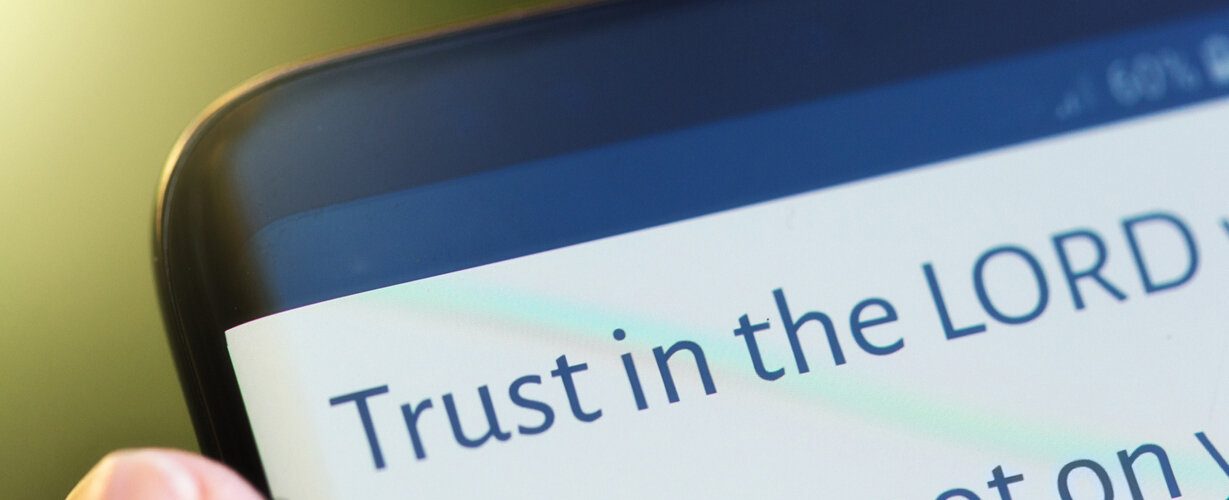Liberals, even religiously active ones, are more fearful.
However, here’s what is puzzling. Politically conservative, religious devout Protestants are less afraid of all kinds of natural disasters than conservative, devout Catholics. pic.twitter.com/C90CpTPymB
— Ryan Burge 📊 (@ryanburge) March 16, 2020
America is traveling further into uncharted lockdown territory, which will inevitably lead to more and more mainstream news coverage of how the coronavirus crisis will shape political events and trends.
Why? Politics is real. Also, never, ever forget that someone will — sooner or later — get to name a U.S. Supreme Court justice to replace the elderly, frail Ruth Bader Ginsburg.
But there are real religious questions here that need to be asked. Are conservative Christians responding to COVID-19 trends in ways that are radically different than liberal believers? Are the faithful in different brands of Protestantism responding in ways that are different than Catholics? And is that cultural Catholicism, Sunday morning Catholicism or daily-Mass Catholicism? Are secular people radically different from average religious people, during a crisis of this kind?
This brings us to another Ryan Burge (a must Twitter follower for religion-beat pros) think piece. It’s linked to a previous GetReligion post, sort of, that ran with this headline: “Faith in quarantine: Why are some people praying at home while others flock to pews?”
This time, writing at Christianity Today, Burge discusses political and religious themes in all of the fear factors at work right now — without oversimplifying the religion details. Get ready for crucial sentences containing words like “some” and “many.” The headline: “Faith Over Fear? No, It’s Political Ideology that Keeps People Unafraid of COVID-19.” Here’s the set-up material, pointing to a source of polling info:
In recent years, Americans across religious traditions have become more worried about the potential for a major epidemic, the kind of hypothetical question that has become all too real in the past few weeks.
But the earlier data shows fears around the spread of disease tend to be lower among Protestant Christians who identify as politically conservative and attend church weekly. This may explain why some conservative leaders, including a couple of President Donald Trump’s evangelical advisers, hesitated to cancel in-person worship or on-campus classes amid the current coronavirus precautions.
Starting in 2014, the Chapman Survey of American Fears asked respondents to its annual survey, “How worried are you that a pandemic or a major epidemic could occur in the United States in the next 25 years?” to gauge public sentiment around common phobias, spiritual forces, and natural disasters. From 2014 to 2018, concern over potential pandemics rose. Fewer people across religious groups said they were “not afraid” about the possibilty of a new disease spreading in our country.
As always, this Burge article is hard to summarize or simplify. That’s a compliment.
So here is a hint at the kinds of religious questions that pop up, when dealing with this tragically timely topic:
How much does religious devotion affect Americans’ levels of fear? It would seem likely that the more often people attend church services, the more exposure they would receive to the biblical admonitions to run from fear, to “be strong and courageous” and “do not be afraid or terrified … for the Lord your God goes with you” (Deut. 31:6).
The statistical evidence is mixed, however. Protestants and Catholics who never attend church are only slightly more likely to say they’re afraid of a major epidemic than those who go more than once a week.
Additionally, there doesn’t seem to be a significant difference between Protestants and Catholics, except that Protestants who go to church weekly have a much lower level of fear over epidemics (24.9%) than weekly Mass–attending Catholics (42.6%). Their level of fear also falls lower than fellow Protestants who attend more or less than they do.
But what happens when you include political orientation in this equation?
Politically conservative Protestants who attend church frequently are far less concerned with a major epidemic than conservative, devout Catholics.
Just one in four of these Protestants (27.2%) has indicates being afraid or very afraid of the possibility of a disease outbreak. That’s 17 points lower than conservative Catholics. But, it’s clear that the overall level of fear is lower among conservatives in general. The data indicate that politically liberal Christians espouse higher levels of fear regardless of church tradition.
Josh King, a pastor at an Arkansas church, provided a timely example of this when he toldthe Washington Post: “In your more politically conservative regions, closing is not interpreted as caring for you. It’s interpreted as liberalism, or buying into the hype.”
Read it all. And while you are at it, check out the Burge comments in this news piece at Religion News Service: “Politics — not faith — can drive coronavirus response.”
The longer this crisis goes, the more interesting this story will get. And what about Easter?










